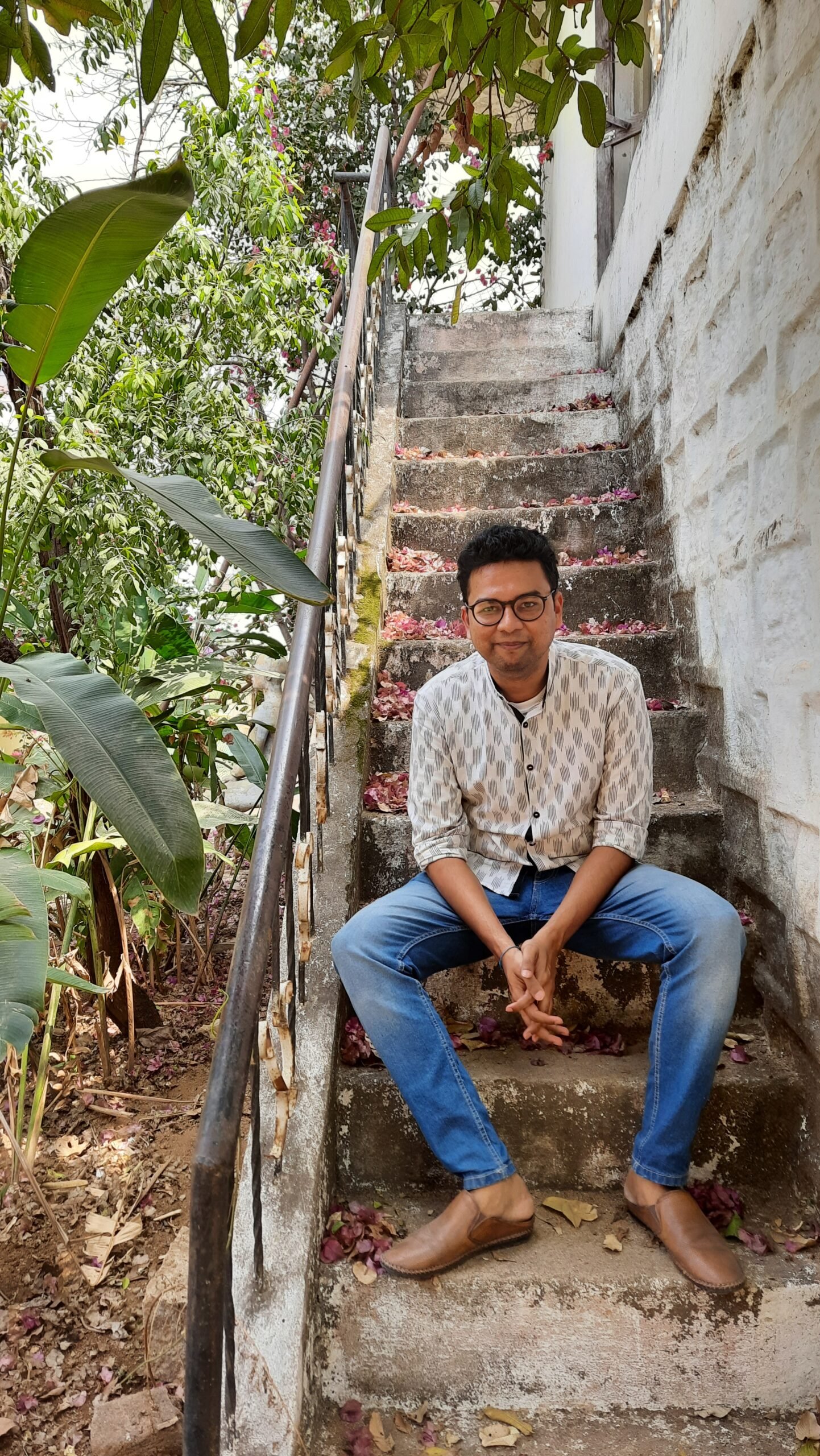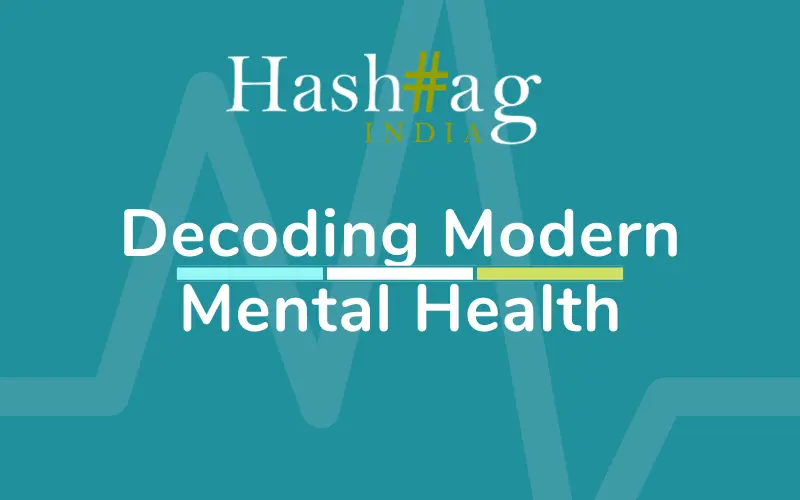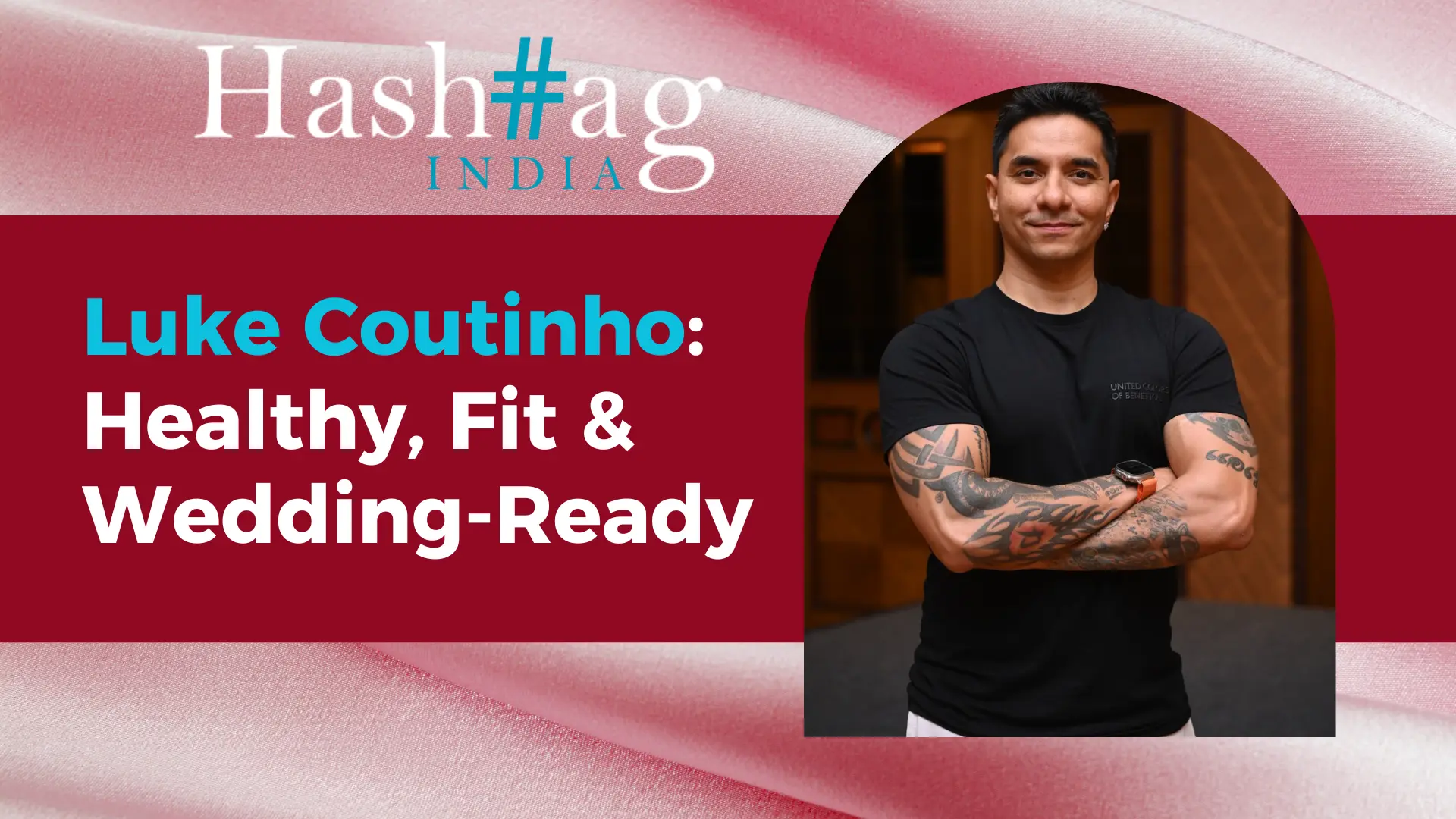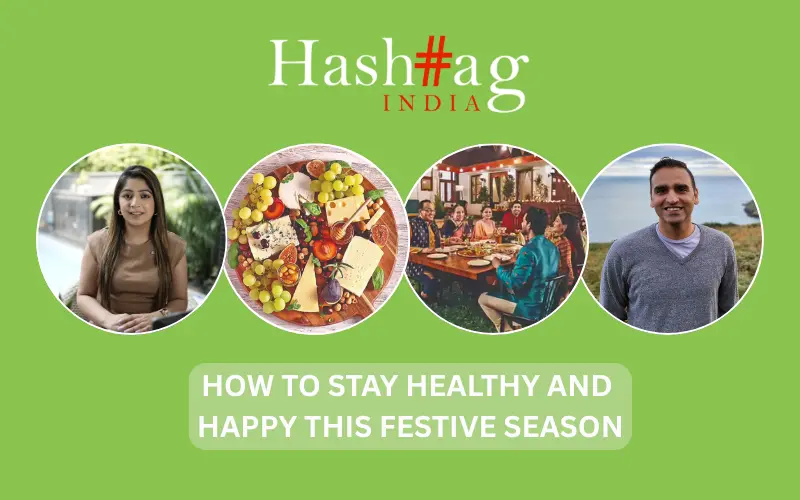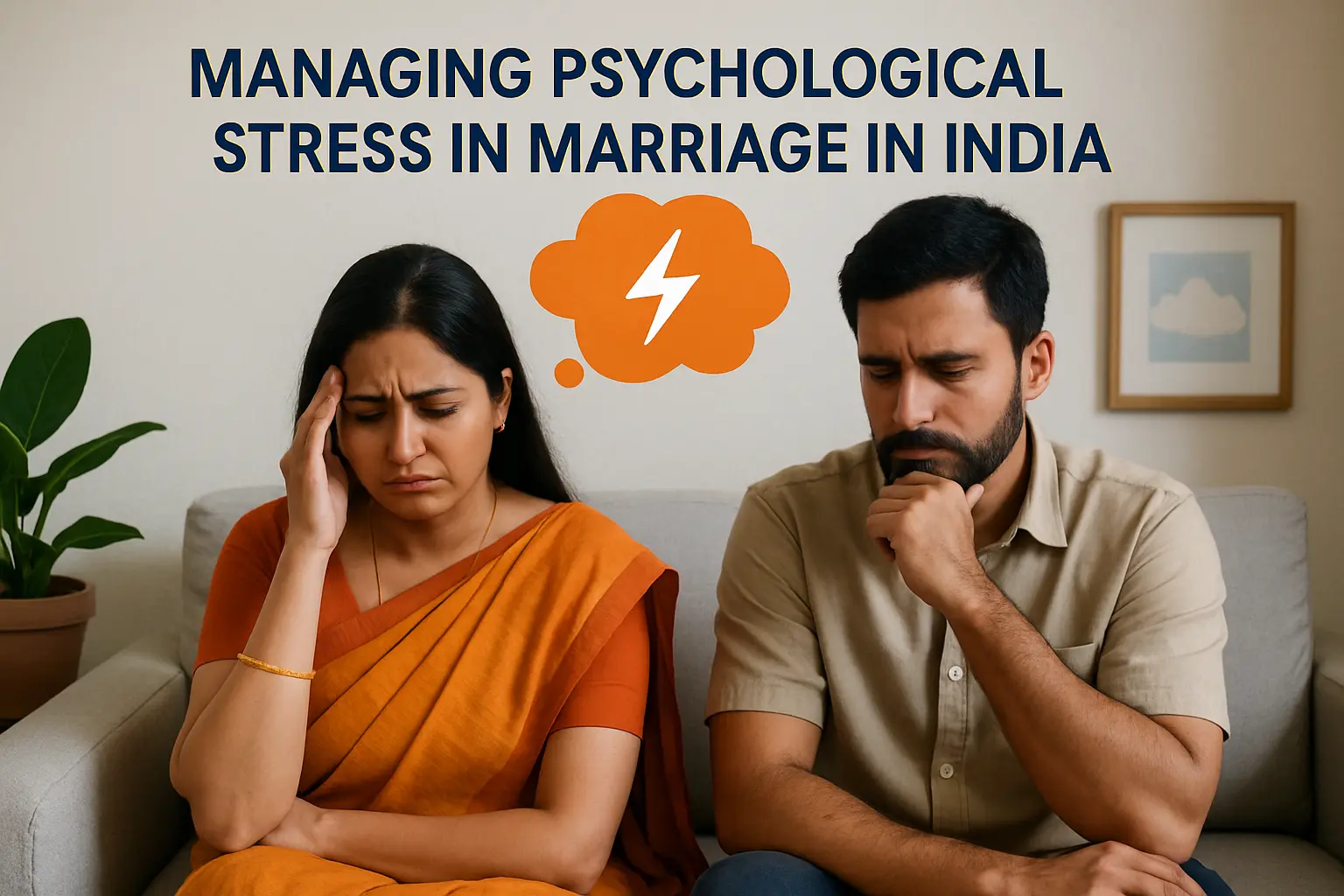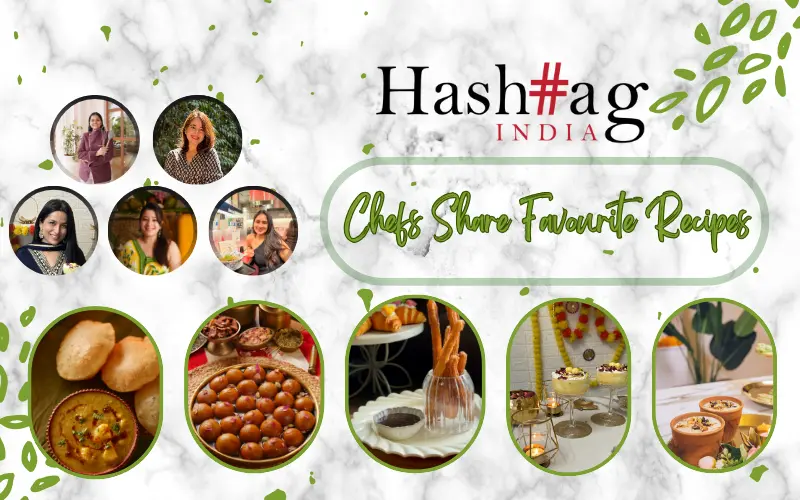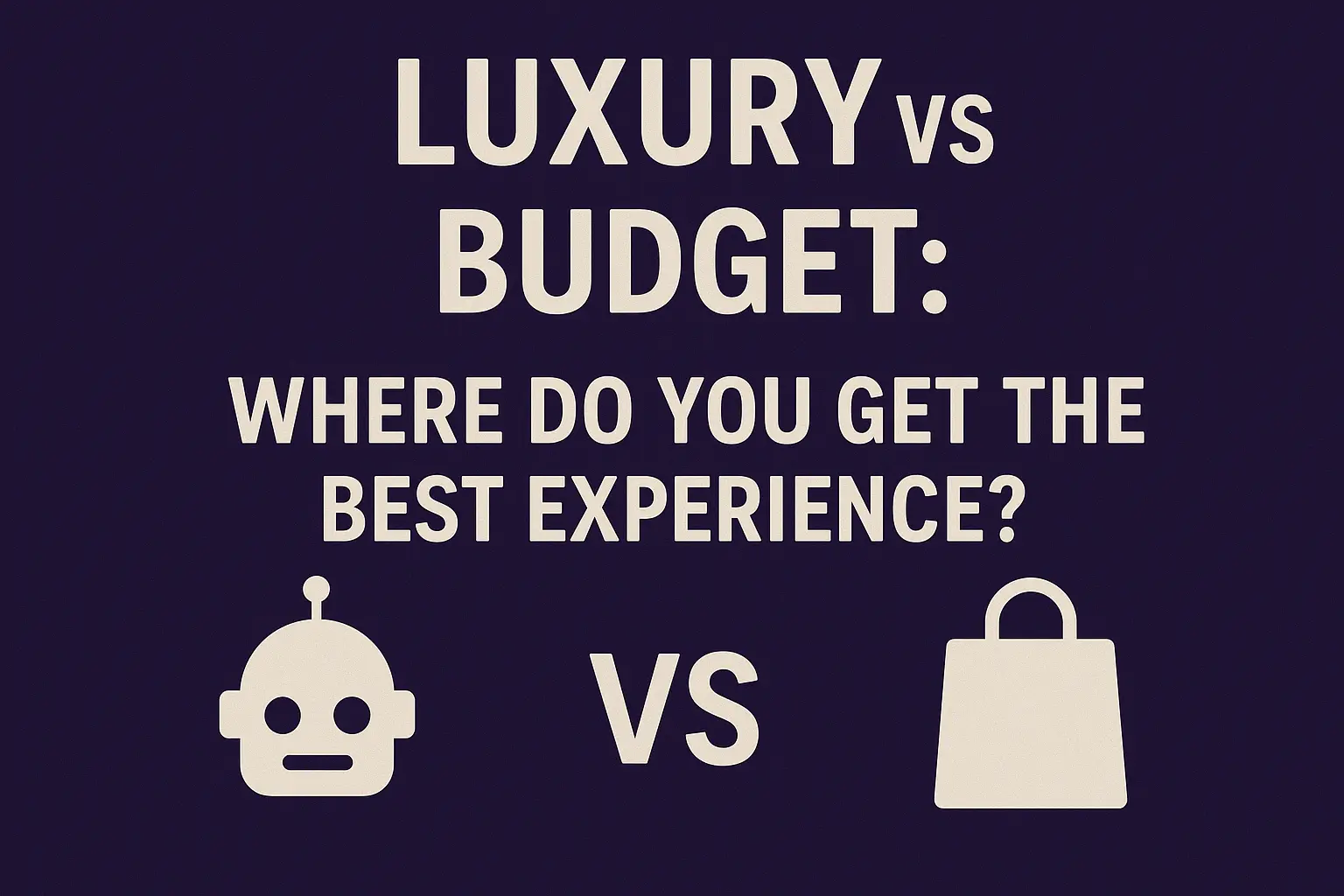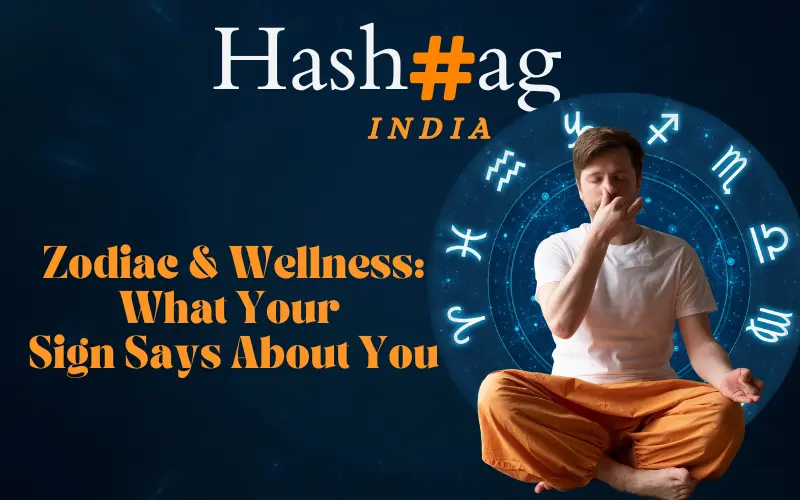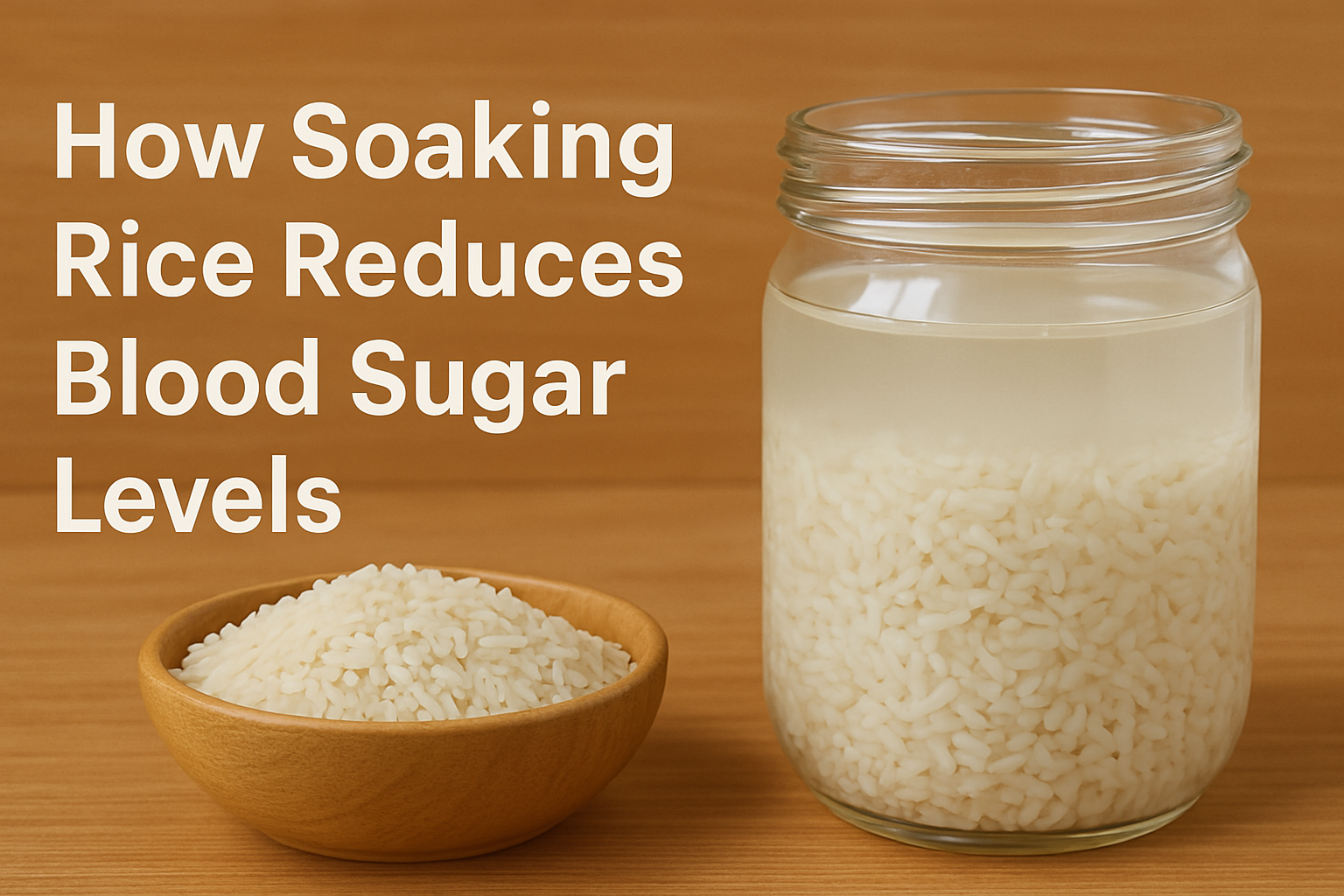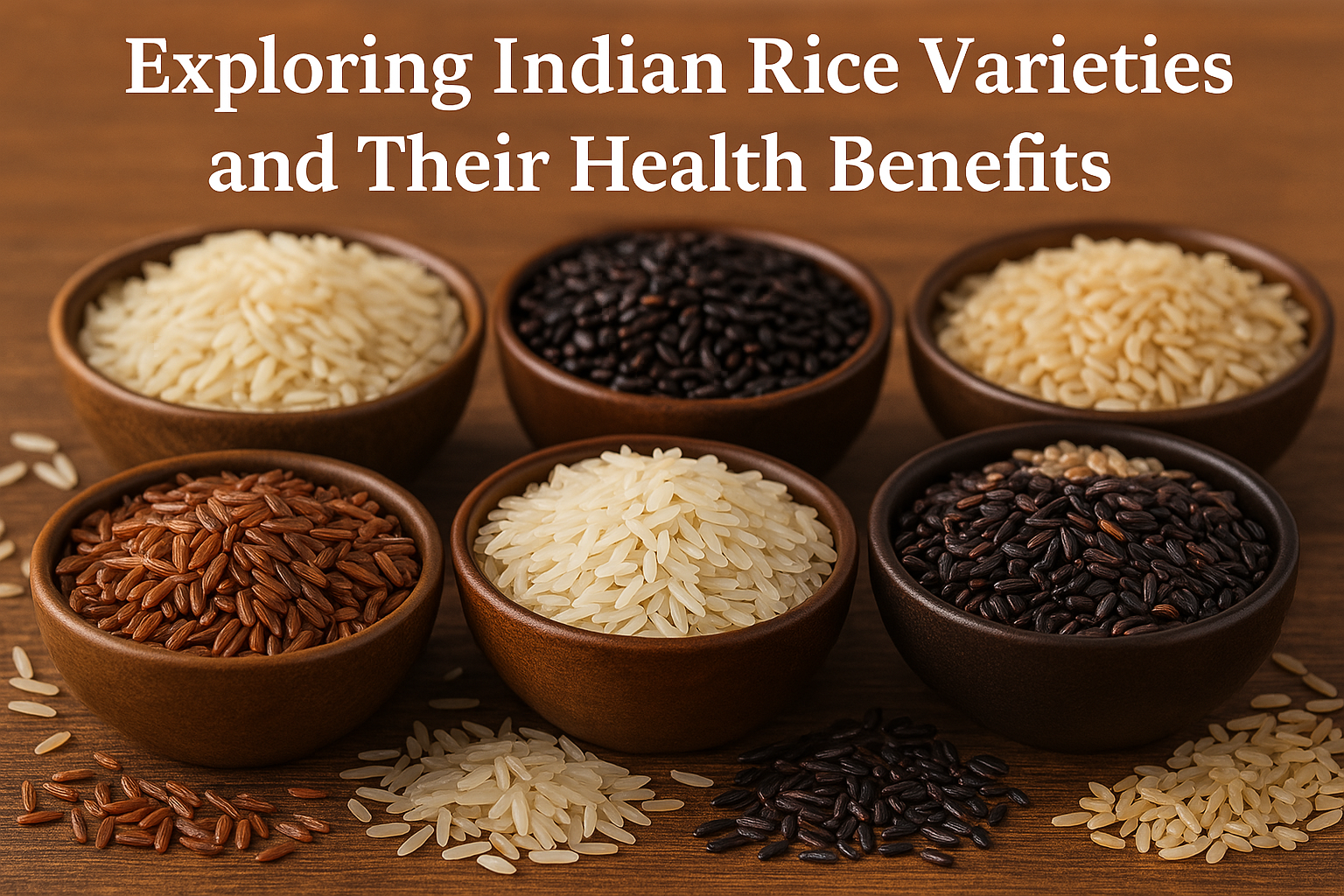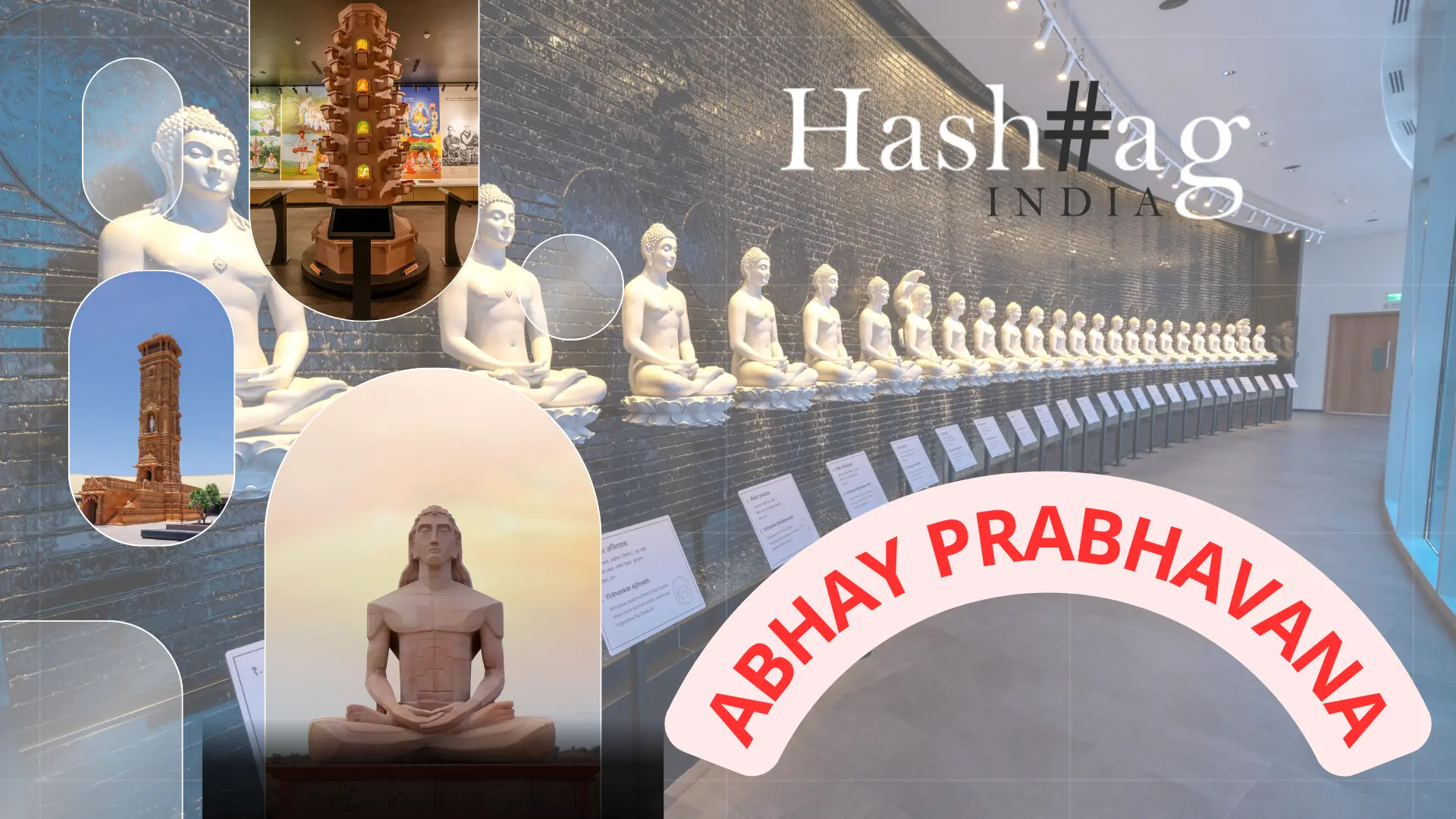Mallik Thatipalli recalls his struggle with COVID-19 and on coping with being shut in a room for three weeks…
The day before Ugadi, the Telugu New Year, my wife tested positive for COVID-19. We believe she might have picked it up on a trip to buy groceries.
While other households were busy picking up tamarind, jaggery, raw mango, neem flowers, salt and black pepper which formed the six flavors needed to make Ugadi pachhadi (or chutney) which signifies all flavors (from sweet to salty) which constitute life, we were stocking up on vitamins, masks, sanitizers, oximeter, thermometer and protein powders. The new hexagonal flavors of life in Covid.
I tested positive six days and two RT-PCR tests later. What followed was three week of unadulterated Covid-chaos and though it was scarring, I am deeply thankful that we could get over the virus at home and heal in familiar surroundings.
As the virus has been around for more than a year now, all of us have had an indication of what it entailed. What I was not prepared for is how this information deluge confounds you. Ivermectin shouldn’t be used, said one forward. Why didn’t you start on Fabi Flu immediately, asked an uncle? Take steam six times, said a cousin on a WhatsApp group. No, only thrice as it burns your throat, countered another cousin.
In the face of unrelenting advice and information, I did the only thing possible. Shut myself from it all. I trusted my doctor, who at one point handled 102 patients in a day and the only time he could speak was around 12.30 am.
Last year we learnt what an oximeter was. This year, we taught ourselves about Oxygen concentrators, cytokine storms and D-Dimer levels. Our infrastructure however has not kept pace. RT-PCR tests (especially home sampling) were difficult to get and hospital admissions were a nightmare. And, this is in one of the better cities in the country. Imagine the plight of those in villages with nary a Primary Health Care center?
What was even difficult was to ignore the news filtering in from the outside world. Images of people gasping for oxygen, the burning pyres in crematoriums, hospitals tweeting for supplies, the pleas for leads on ventilator beds and Remdesivir on social media and the worst, RIP statuses on whatsapp. How does one turn away from such agony? Can one ever shut out such pain? Is there no immunity from grief?
As a journalist, I thrive on news. But, being in a room by myself with different symptoms on different days, I realized that being sane was better than being informed. Out went the newspaper, the Twitter trawling and news sites. In came Harry Potter, the Inheritance series, Lord of the Rings and classical music. The strangest thing was that I had no stomach for anything new. Whatever was familiar was welcome. I sought solace in what I already knew: the battle between Voldemort and Harry Potter, how Frodo gets the better of Gollum and why Galbatorix feared empathy above all.
Both my wife and I had a mild infection and minor lung infection. Still the symptoms varied. She had high fever while I had severe chills for days. Both of us had body aches that made me wonder if someone was twisting my leg like the WWE wrestlers of my childhood. Sometimes a shower exhausted me and other times my hands shook violently. She couldn’t sleep. Neither could I and had to pop a sleeping pill to ensure that a good night’s sleep wasn’t far away.
Worry was another constant companion: each time the reading on oximeter dipped, each time I popped a steroid and each time I couldn’t differentiate between a blocked nose and difficulty in breathing. The real and imagined merge, leaving behind a trail of fear and anxiety.
The most difficult part of self-isolation is to adjust to the mental boundaries one is surrounded with. To not step out of the room when humans are at their core, social animals. To be unable to help another person even when they obviously need it. To motivate yourself even as you see the world around you crashing.
It’s difficult, but doable.
It brought to light the many freedoms we took for granted. To take a walk, to meet a friend for coffee and to hug a loved one. That a near-invisible virus took away life as we knew it, takes time to come to terms with.
What kept me going was the everyday kindness people showered: family who called each day, friends who checked in regularly and acquaintances who Dunzo-ed food and medicines. Everyone I knew, knew someone down with the virus so compassion was not in shortfall. So much for small mercies.
As we finally tested negative after 22 days, we sent out a silent prayer to the skies. That, one part of the struggle was over. As fatigue followed us relentlessly, in the days after testing negative, we reassured ourselves that we got off lightly.
My only piece of advice is that prevention is better than cure. You don’t need that blue cheese for which you want to go to the supermarket. You don’t need an extra bottle of wine for which you want to brave a crowd. You certainly don’t need that Starbucks coffee you might crave. Order in. Make do if it doesn’t come. Take it from the horse’s mouth.
That someone coughed in Wuhan last year which led to me sitting in Hyderabad and suffering. The divine injustice of it all!
| Coping with Covid * Follow one doctor you trust. Do not take multiple consultations. Doctors are stressed and in online consultations, they might not always be cognizant of your medical history. * Follow a timetable while self-isolating. Apportion times for calls, streaming and exercise. * Symptoms in the new strain vary. Contact your doctor and don’t panic. Most importantly don’t Google symptoms. It does more harm than good. * Avoid information overload. Exit WhatsApp groups for a while and avoid news if it upsets you. |

